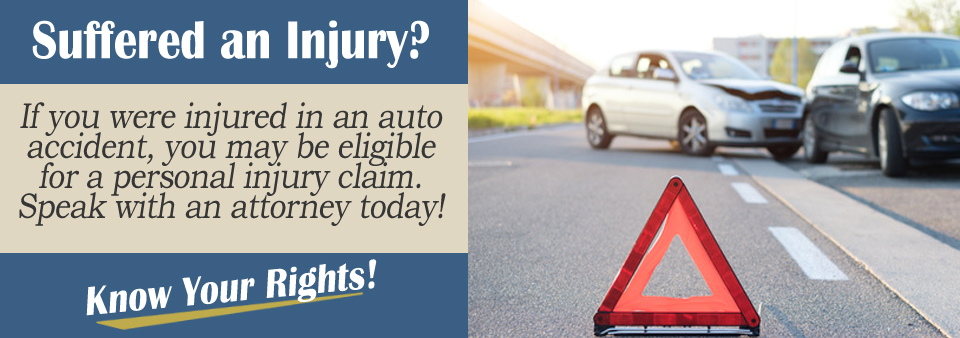If you have a personal injury claim because of an accident, a medical lien can be placed against your case. Depending on the state in which you live, hospitals and medical providers may be entitled to file a medical lien for the money spent taking care of you and treating your accident injuries.
Specific criteria must be met, such as the lien must be filed within a specific timeframe – usually within 180 days of your release from the hospital – and the lien must have specific details included.
How Do Medical Liens Work?
A medical lien is a legal way that healthcare providers and health insurers can collect their share of the money you receive from a personal injury claim. The lien can also be placed on your settlement to cover the costs associated with ongoing care.
Medical liens, however, are just paid by settlements. If you do not recover compensation through your personal injury claim, the lien will not be paid.
Because of the nature of medical liens and the process of a personal injury claim, providers or insurers may end up waiting extended periods to get their full payment for the medical services rendered. Because of this, some healthcare providers only provide medical lien patients with limited care or emergency treatment services.
Medical liens can be placed on your personal injury claim by a wide range of medical providers and insurance companies.
Those who can file a medical lien include doctors, hospitals, chiropractors, PPO or HMO organizations, workers’ compensation insurance, health insurance, auto insurance, and medical, Medicaid, or the VA insurers.
However, just because there is a medical lien on your personal injury claim, it does not mean that it must be paid in full. There are specific guidelines that must be followed, and your personal injury attorney may be able to help you negotiate the value of the lien and reach an agreement with the insurer or medical provider.
Different states have different criteria for medical liens that are filed on personal injury cases. In many states, there is a 180-day time limit for pursuing a lien after an individual has been released from the hospital.
In some states, you must provide written notice before filing a lien. If the proper state procedures are not followed, then the lien may be deemed not valid, and you may not have to pay any part of the lien.

Medical and Hospital Liens
As an example, if you were in a car accident that caused serious head and back injuries you may have been hospitalized for several days. Your medical bills may have totaled $110,000.
The hospital and medical providers may file a lien on your personal injury claim and ask to be compensated for the medical care they provided you. When you get your settlement, your share after legal fees is $350,000. The medical lien of $110,000 would be paid before you are given the rest of the money for your basic living expenses and associated costs. That would leave you with $240,000.
Medical liens can be negotiated with the help of an accident injury attorney. An attorney may be able to reach an agreement with the insurer or medical provider, so you do not have to pay the full bill.
Often, liens can be settled for significantly less than the actual amount. If you can show the lien is unfair, or excessive, an attorney may be able to have the lien removed from your claim.
Negotiating Liens
If you can prove that liens are unfair, you may be able to have it removed or reduced. The cost of medical care can be high, but sometimes medical providers may charge above and beyond what is considered a reasonable or customary amount. If you can prove that the lien is unfair, then you can have it reduced or removed.
As an example, if your medical bills exceed the amount of the settlement or insurance coverage, and the lien was going to take the entire settlement, your lawyer may be able to negotiate with the lien holder for a fair amount.
In that case, they may be willing to take less rather than risk getting nothing at all. A personal injury lawyer will understand the medical lien process and will be able to work on resolving any issues and ensure you are treated fairly throughout the lien process.
In Conclusion
An attorney may be able to negotiate the terms of a medical lien in your favor by negotiating the amount that must be paid back. For a lien to be valid, the medical providers or insurers must follow the requirements for notice in your state.
If the medical provider or insurance company fails to provide written notice, then the lien may not be valid. An attorney will know the process and requirements for a medical lien on a personal injury claim in your state.
If you were injured in an accident and plan to pursue a personal injury claim but believe there will be a medical lien filed or there has been a lien filed, you should speak with a personal injury lawyer who handles medical lien matters.
Many personal injury lawyers take cases on a contingency basis and require no upfront fee but be sure to discuss the payment options with your lawyer. To make sure you get your claim on track, complete the Free Case Evaluation Form on this page today.
There is a statute of limitations for pursuing a personal injury claim after an accident, and there is a limited time for filing a medical lien on a personal injury claim.
Time is of the essence, so make sure you act promptly and seek out legal guidance right away. Get your free case review today, so you can determine the best way to proceed with your personal injury claim and resolve any issues with any medical liens filed against your claim.